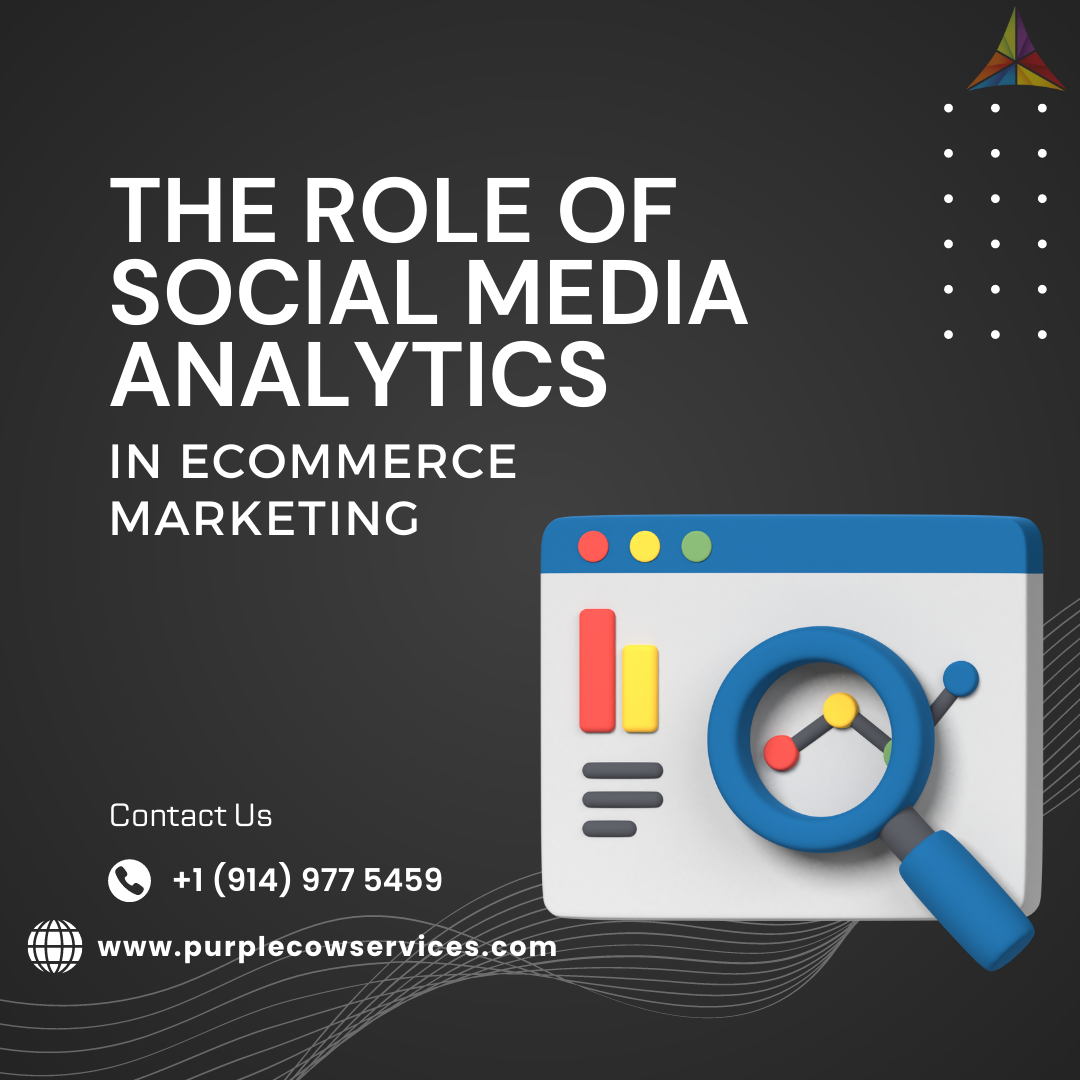This is where social media analytics comes in. In this blog post, we’ll explore the role of social media analytics in eCommerce marketing.
What are Social Media Analytics?
Social media analytics is the practice of tracking, analyzing, and interpreting data from social media platforms. This data can include metrics such as engagement rate, reach, impressions, click-through rate, and conversion rate. By analyzing this data, businesses can gain valuable insights into the effectiveness of their social media marketing campaigns.
The Role of Social Media Analytics in eCommerce Marketing
Social media analytics plays a crucial role in eCommerce marketing. Here are some of the ways it can be used to drive business success:
Monitoring Performance Metrics
One of the primary roles of social media analytics in eCommerce marketing is to monitor performance metrics. Tracking metrics such as engagement rate, reach, and click-through rate allows businesses to obtain valuable insights into the effectiveness of their social media campaigns. These insights can be leveraged to make data-driven decisions regarding future campaigns.
For example, if a business notices that a particular post has a high engagement rate, they may want to replicate the elements that made that post successful in future campaigns.
Identifying Key Trends and Topics
Social media analytics can also be used to identify key trends and topics that are resonating with customers. By analyzing hashtags and mentions, businesses can gain insights into what their customers are talking about and interested in. This information can be used to inform content strategy and product development.
For example, if a business notices that a particular hashtag is trending among their target audience, they may want to create content that incorporates that hashtag to increase engagement.
Understanding Customer Sentiment
Social media analytics can also be used to understand customer sentiment towards a brand or product. By analyzing mentions and comments, businesses can gain insights into how customers feel about their brand or product. This information can be used to inform customer service strategies and product development.
For example, if a business notices that customers are consistently complaining about a particular product feature on social media, they may want to consider making changes to that feature based on customer feedback.
Benchmarking Against Competitors
Social media analytics can also be used to benchmark a business’s performance against their competitors. By tracking metrics such as follower growth and engagement rate, businesses can gain insights into how they stack up against their competition. This information can be used to inform competitive strategies and identify areas for improvement.
For example, if a business notices that their competitor has a significantly higher engagement rate on social media, they may want to evaluate their own social media strategy to identify areas for improvement.
In Conclusion
Social media analytics is an essential tool for eCommerce businesses looking to measure the effectiveness of their social media marketing campaigns. By monitoring performance metrics, identifying key trends and topics, understanding customer sentiment, and benchmarking against competitors, businesses can gain valuable insights into their social media performance and make data-driven decisions about future campaigns.
Purple Cow’s social media analytics service can revolutionize your eCommerce marketing strategy. Gain valuable insights into your audience, track your competitors, and optimize your social media campaigns with our expert analysis. Don’t miss out on the power of data-driven marketing – trust Purple Cow to take your eCommerce business to the next level.














